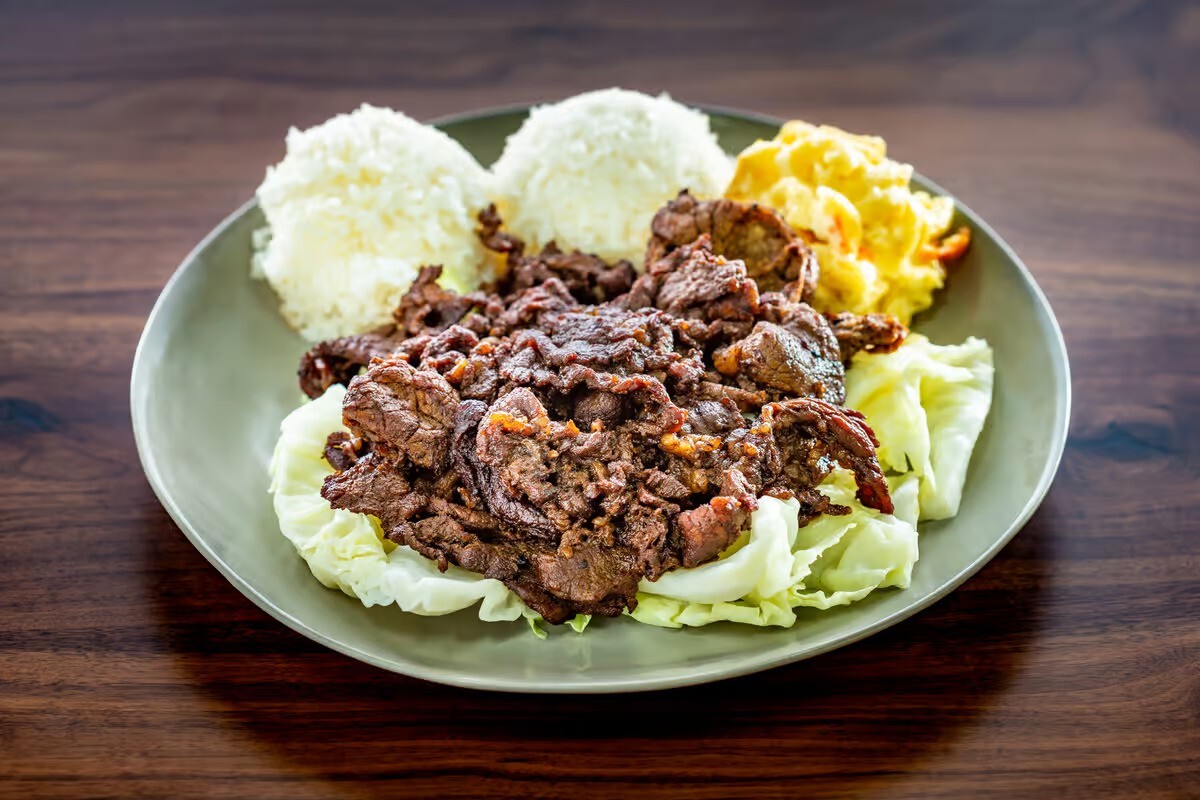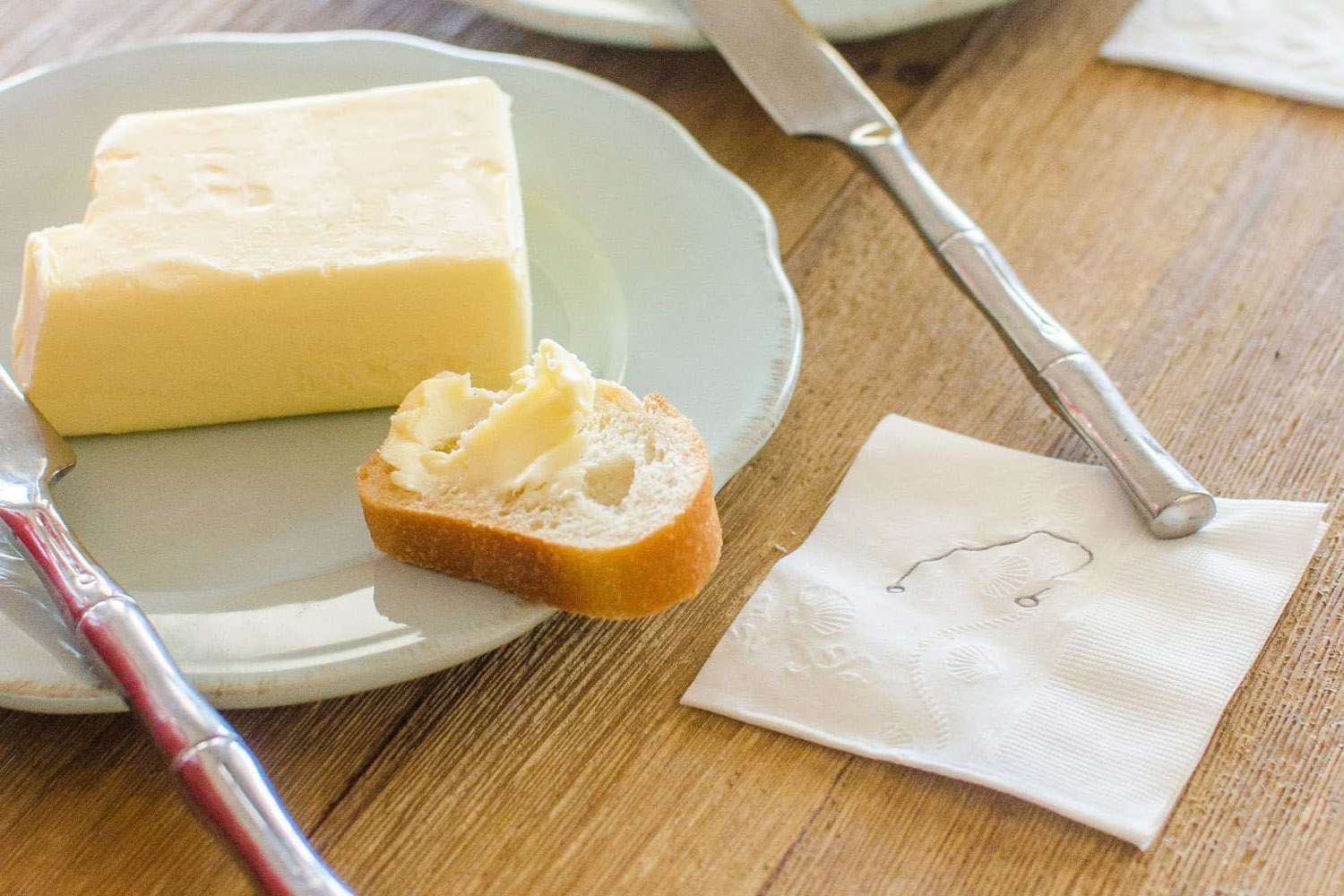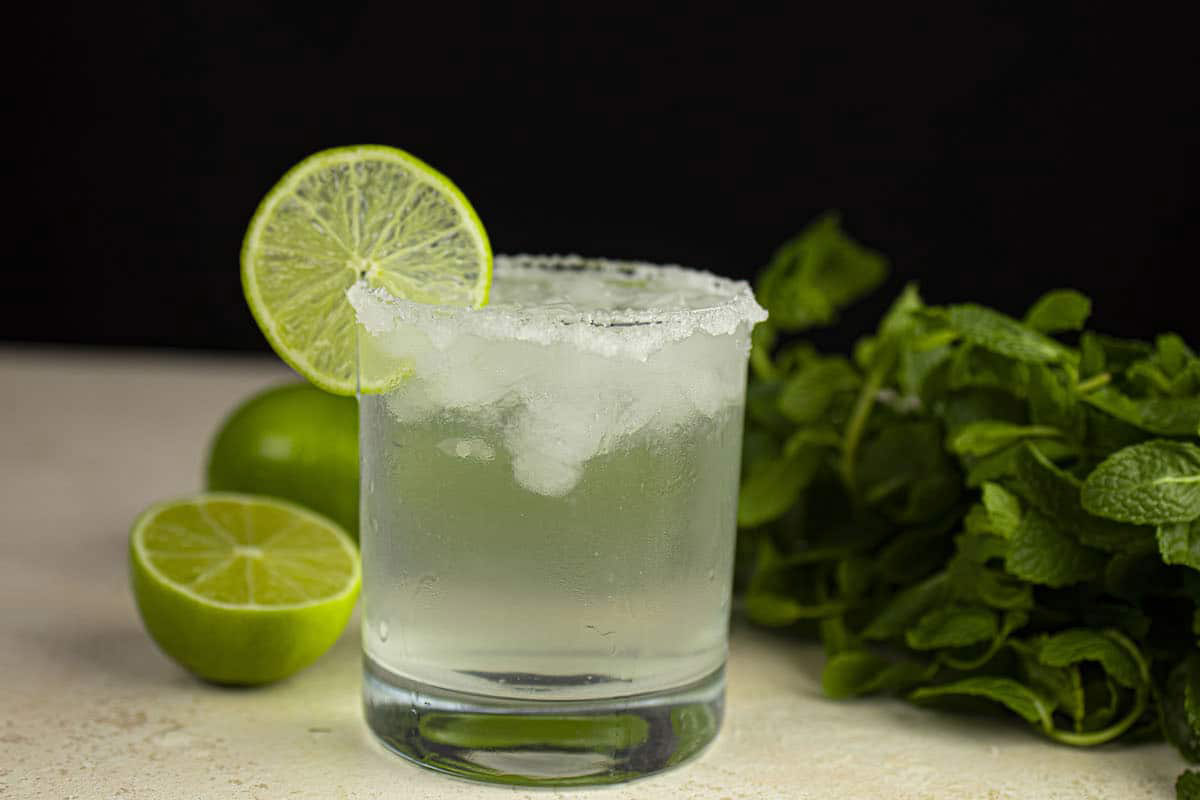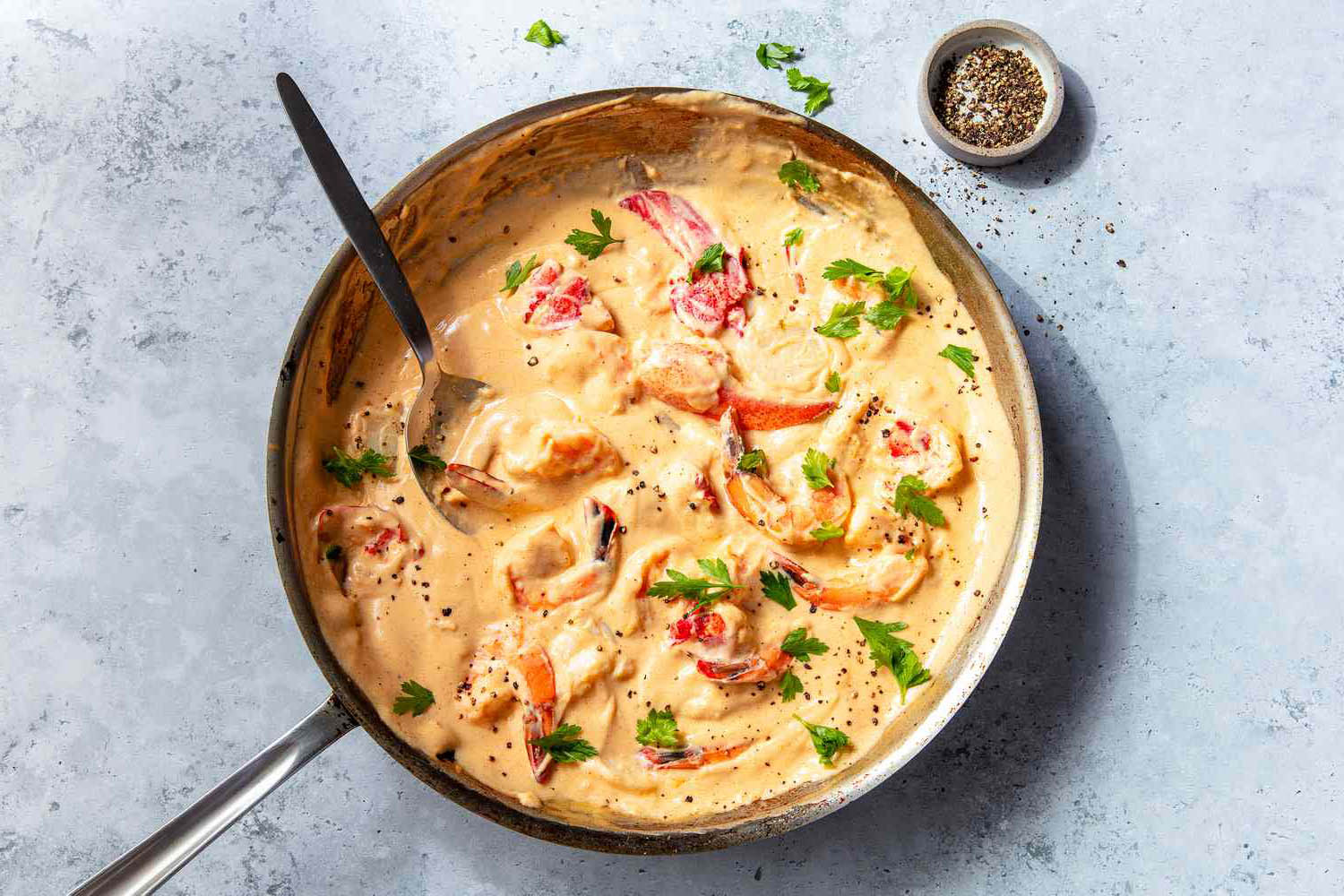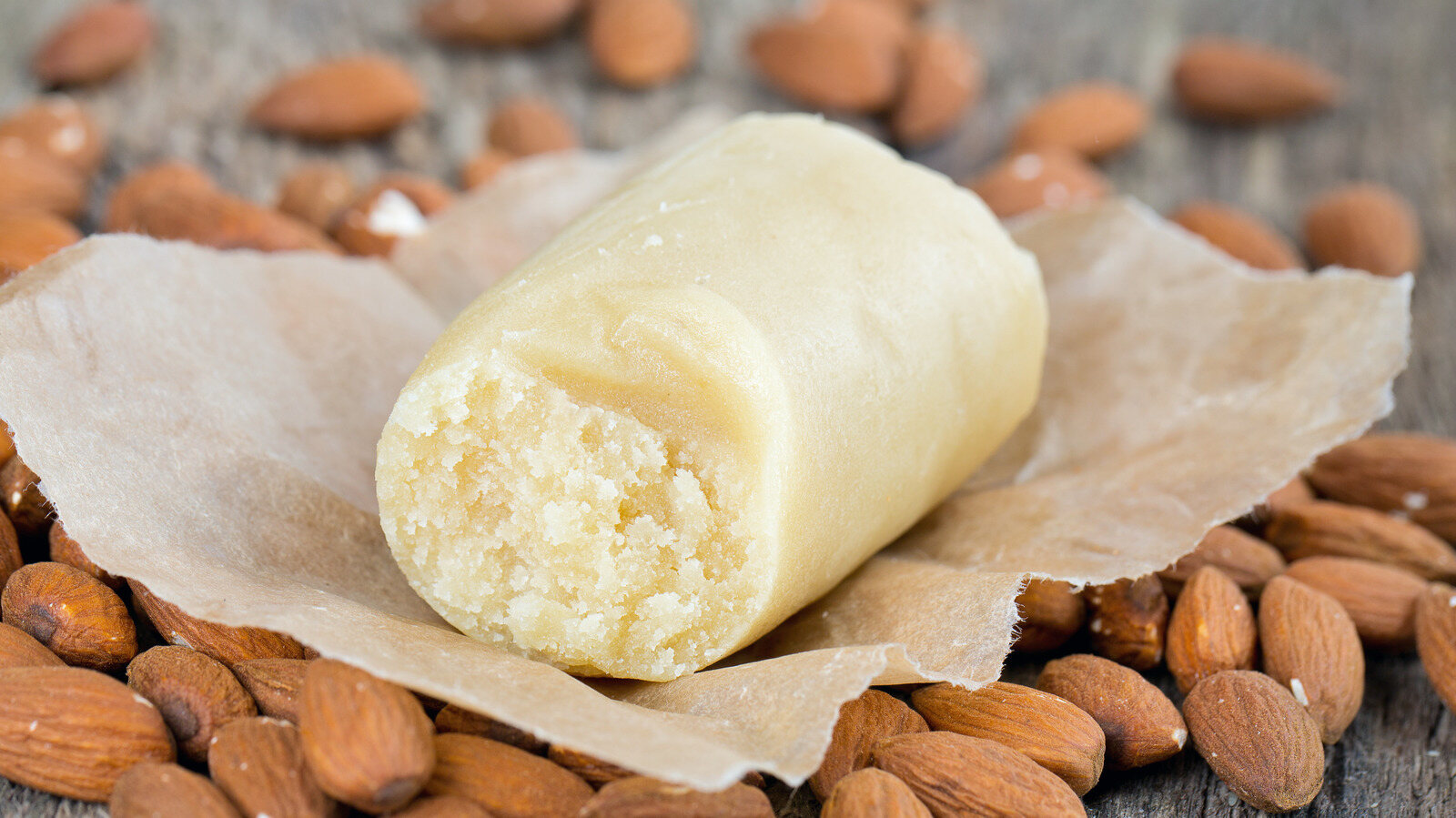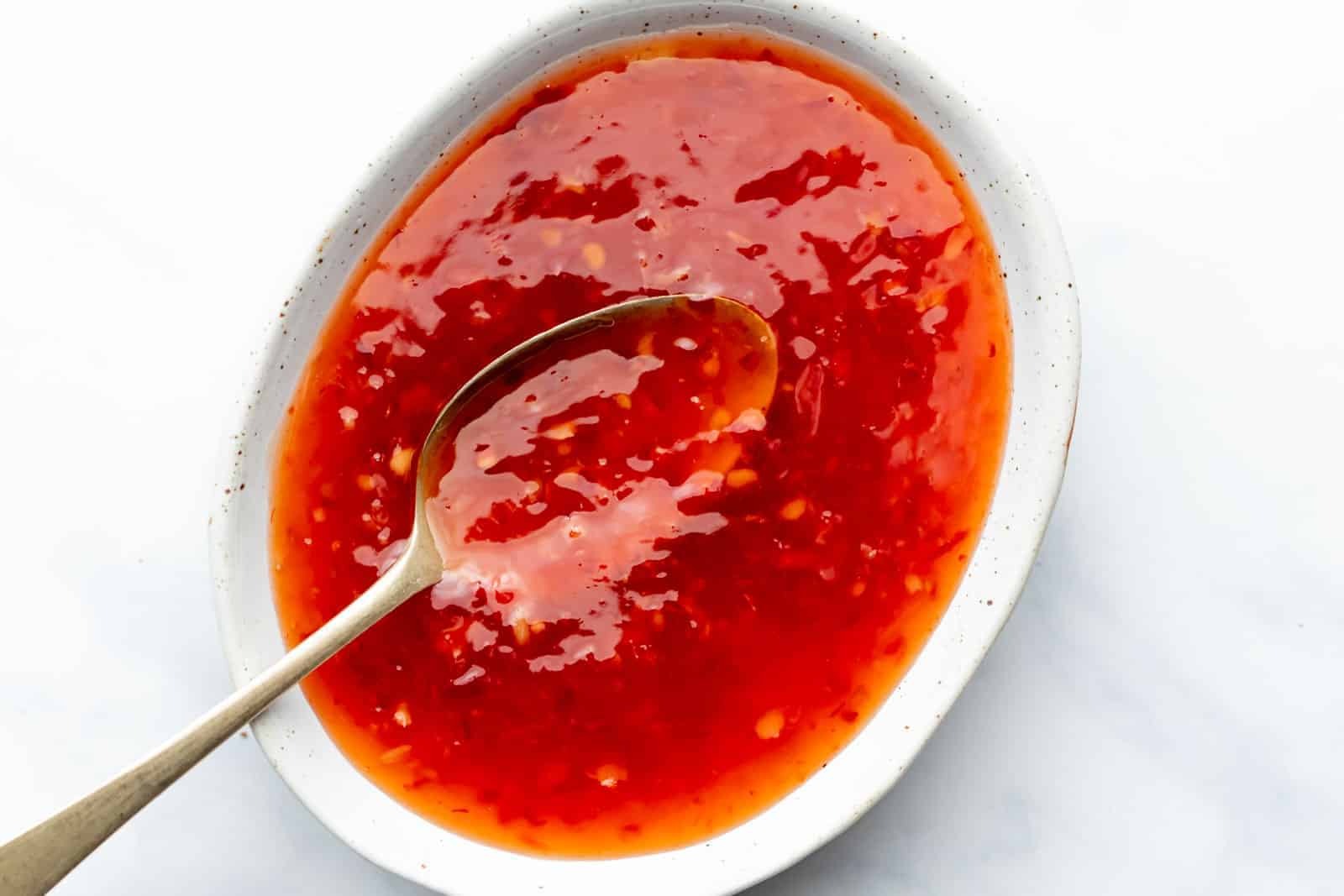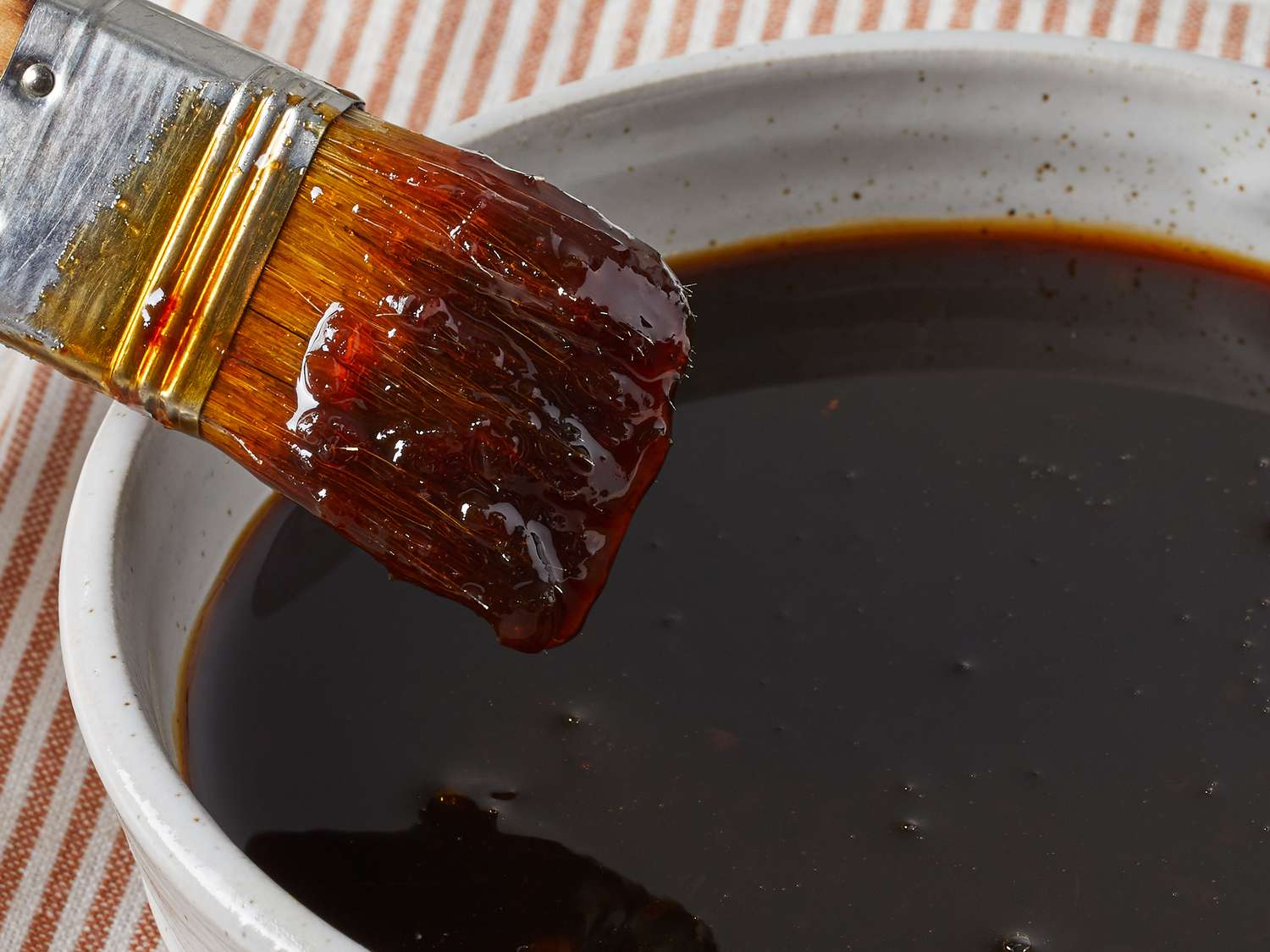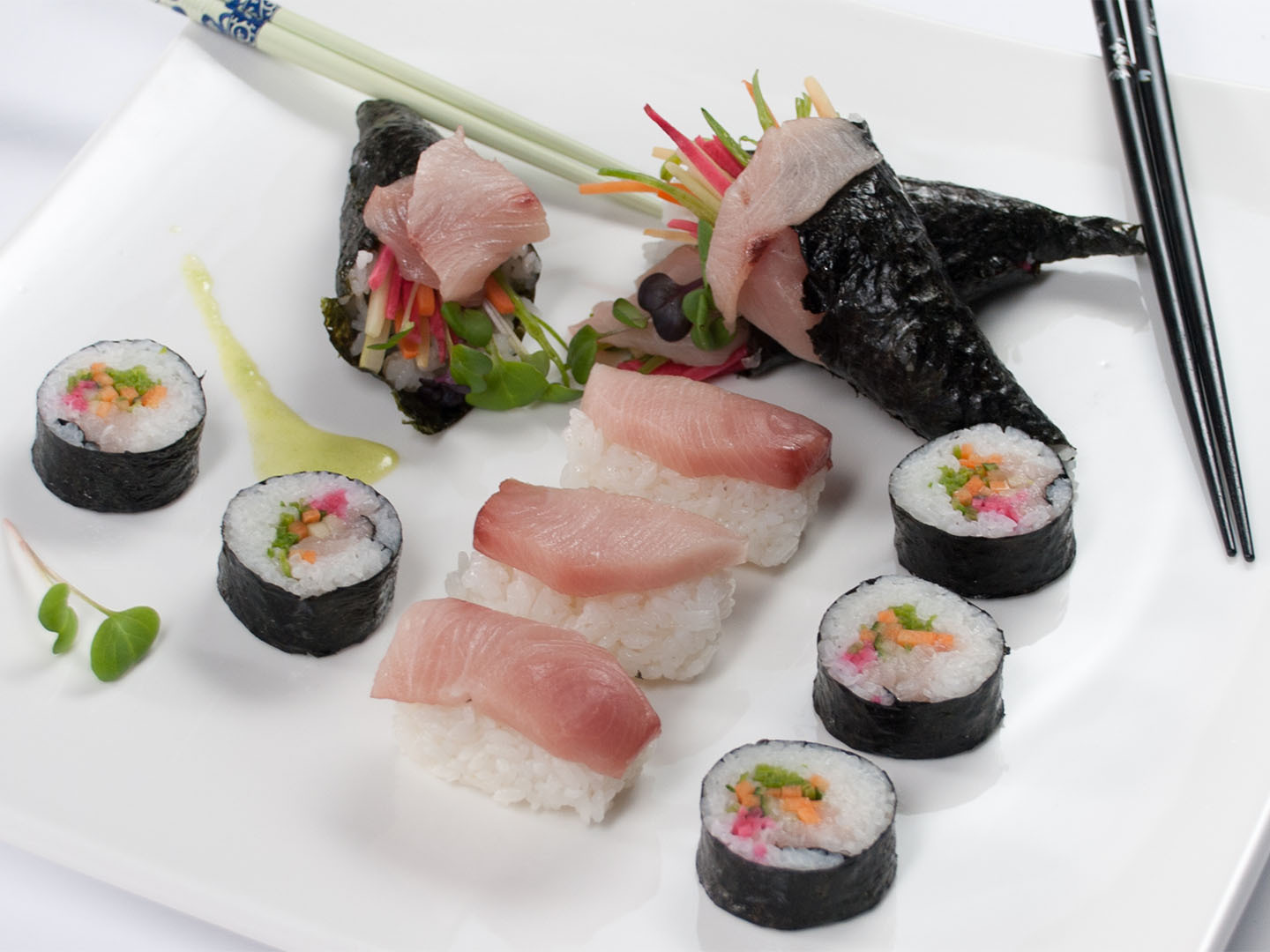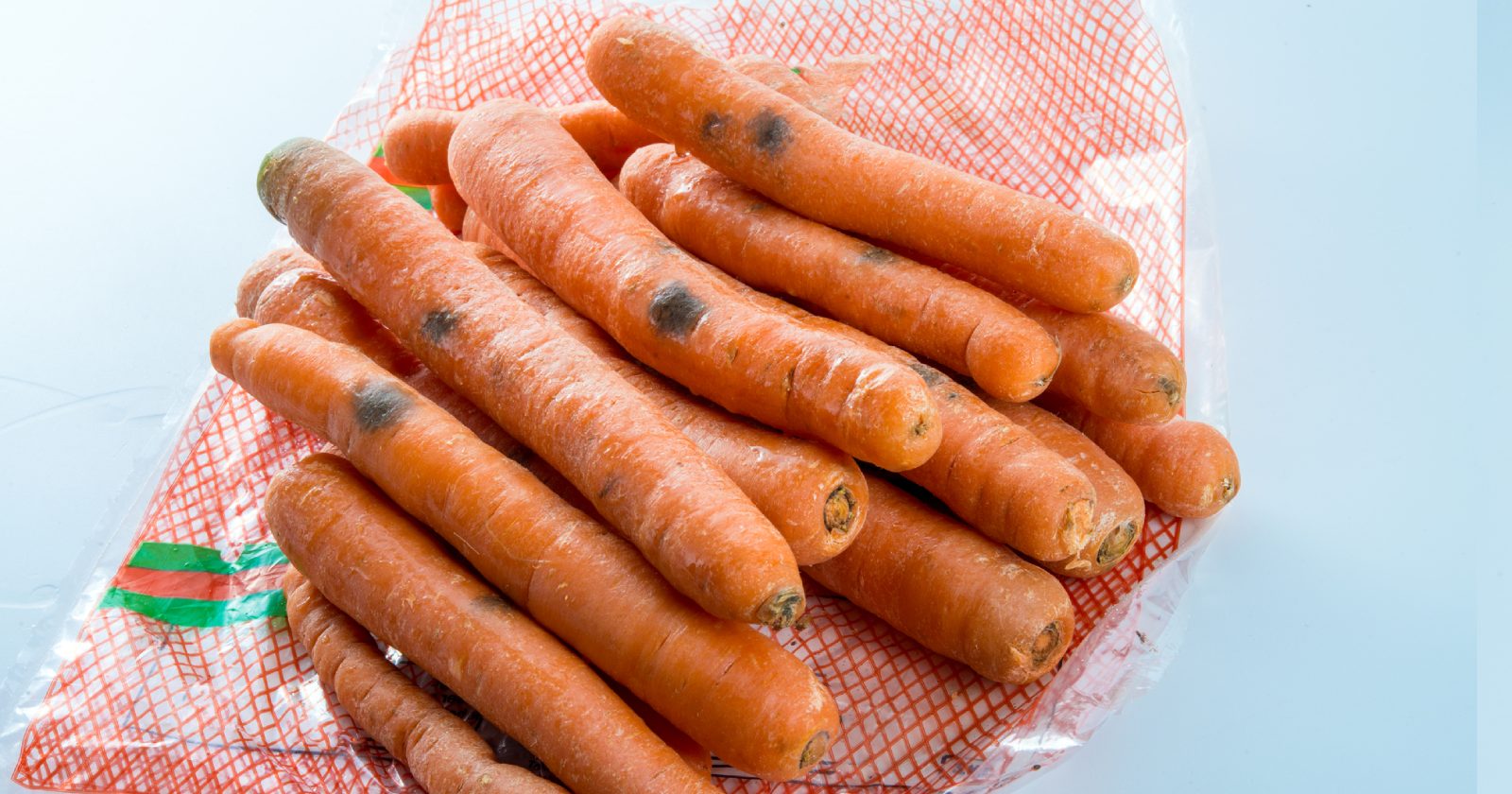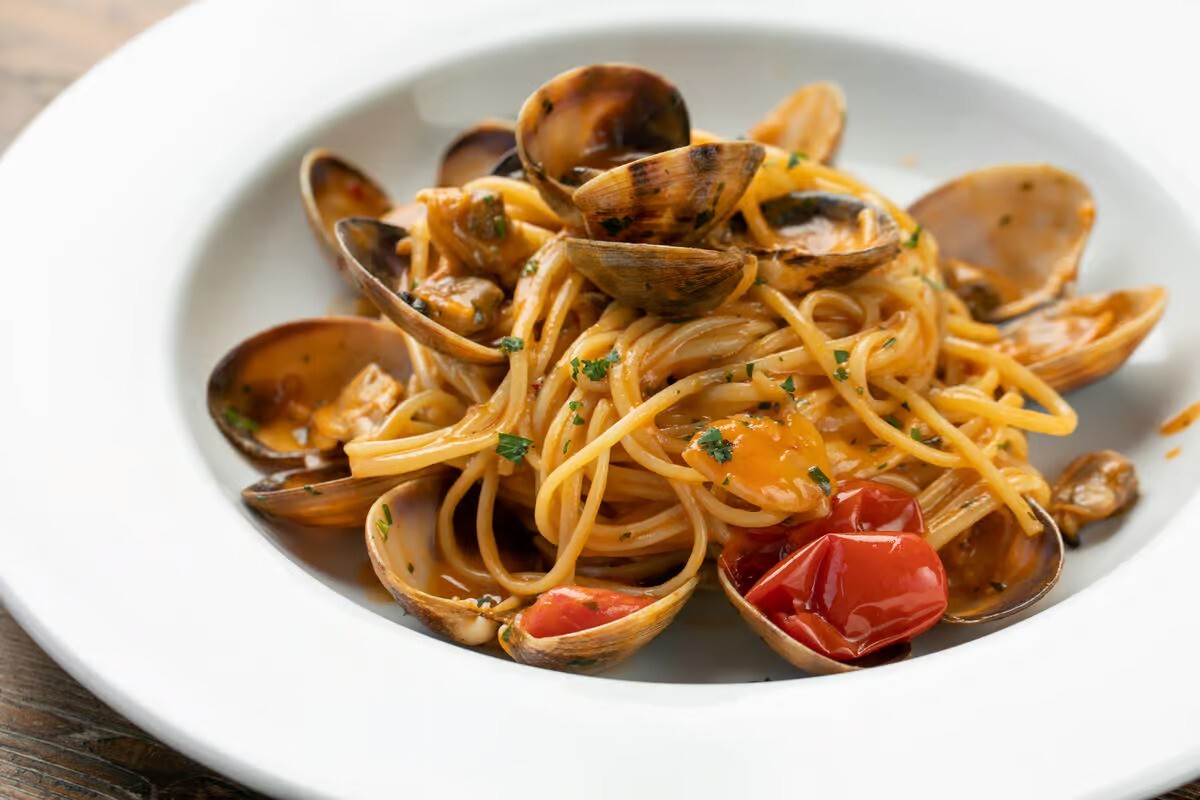Durian Fruit: The King of Fruits
If you've never heard of durian fruit, you're in for a treat! Known as the "king of fruits," durian is a tropical fruit that is famous for its strong odor and unique taste. In this article, we'll explore what durian fruit is, its nutritional benefits, and how it's used in culinary dishes.
What is Durian Fruit?
Durian is a large, spiky fruit that is native to Southeast Asia. It is known for its distinctive smell, which has been described as strong and pungent, often compared to rotten onions or turpentine. Despite its odor, durian is highly prized for its rich, creamy texture and complex flavor profile.
Nutritional Benefits of Durian Fruit
Durian is not only delicious but also packed with essential nutrients. Here are some of the key nutritional benefits of durian fruit:
- Vitamins and Minerals: Durian is a good source of vitamin C, vitamin B6, thiamine, and potassium.
- Fiber: It is high in dietary fiber, which is important for digestive health.
- Healthy Fats: Durian contains healthy fats, including monounsaturated and saturated fats, which are essential for overall well-being.
Culinary Uses of Durian Fruit
In Southeast Asian cuisine, durian is used in a variety of sweet and savory dishes. Here are some popular ways durian fruit is enjoyed:
- Fresh Consumption: In its simplest form, durian fruit is enjoyed fresh, scooped out of its thorny shell and eaten raw.
- Desserts: Durian is often used in desserts such as ice cream, cakes, and custards, where its creamy texture and unique flavor shine through.
- Savory Dishes: In some cultures, durian is used in savory dishes, such as curries and stews, adding a rich, aromatic element to the dish.
The Controversy Surrounding Durian Fruit
While durian is beloved by many, it also has its fair share of controversy. The strong odor of durian has led to it being banned in certain public spaces, such as hotels and public transportation, due to its overpowering smell. However, for those who can look past the initial aroma, the taste of durian is often described as a delightful blend of sweet and savory flavors.
Where to Find Durian Fruit
If you're curious to try durian for yourself, you can often find it in Asian grocery stores or specialty markets. When selecting a durian, look for one that is heavy for its size and has a slightly cracked stem. This indicates that the fruit is ripe and ready to eat.
In conclusion, durian fruit is a unique and flavorful tropical fruit that has captured the hearts of many despite its polarizing aroma. Whether you're a fan of its creamy texture and complex taste or simply intrigued by its notoriety, durian is definitely a fruit worth exploring. So, the next time you come across a durian, don't be afraid to give it a try and experience the "king of fruits" for yourself!
Was this page helpful?
Read Next: What Is An Iced Macchiato
